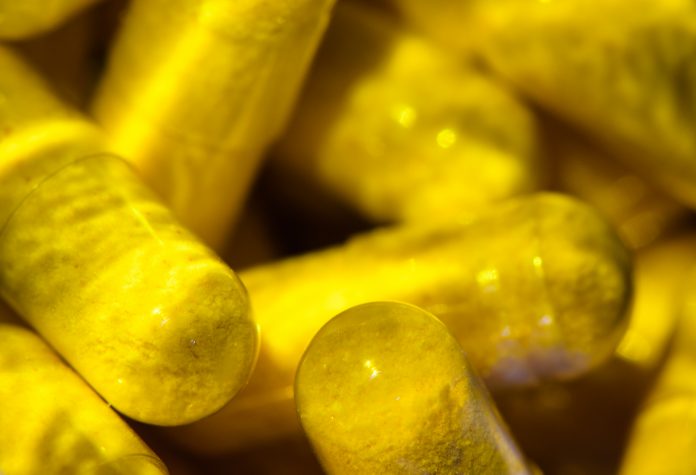Researchers have assessed a community pharmacy service and calculated that this would save the NHS around £651 million
Lead researcher from The University of Manchester Professor Rachel Elliott said:
“The New Medicine Service has proved to be a simple, deliverable intervention which helps patients and saves the NHS money.
“The NMS workload had been absorbed into busy community pharmacists’ daily routines alongside existing responsibilities with no extra resources or evidence of reduction in other responsibilities.
“It’s not always easy for doctors to determine if their patients are sticking to their drugs regimen.
“As health care professionals, we sometimes underestimate the problems patients face around their medicines. Patients often decide to stop taking their pills when they see no difference in their symptoms, experience side effects, have found information from other sources such as the internet, or can’t afford prescription charges.”
Researchers discovered that the decision to stick to a new medication is made by a patient in the first 2 weeks. This means that this time period is more important for the outcome of a treatment than any other – so the team created the idea behind a support service in the late 1990s, based around a community pharmacy service.
Professor Elliott added:
“The results of this longer-term follow-up suggests NMS helps people when the medicine is started, and some effect lasts for quite a long time. However, reviewing medicines-taking, for example every six months, is probably needed to continue the support patients need around taking medicines.
“And we think clinical pharmacists, now often based in primary care doctor’s practices may be able to integrate NMS, and follow-up support, into their role.
What is the New Medicine Service (NMS)?
The NMS begun in 2011. It is currently responsible for community pharmacists in over 12,000 pharmacies. So far, they have delivered 5.7 million consultations between 2011 and 2018, working with patients who primarily have asthma, COPD, high blood pressure, Type 2 diabetes and anticoagulant therapies.
The team consists of pharmacists, GPs, patients, policymakers, health economists and health services researchers, ran a trial of the NMS that involved 504 pharmacies.
The NMS is the support system that has helped 11% more patients to adhere to their medication regimen after 10 weeks, showing a significant change in a small period of time.
Dr Boyd, Co-project lead from the University of Nottingham said:
“The way patients access healthcare is changing. This work highlights the valuable contribution pharmacists make in protecting valuable NHS budget and improving outcomes for patients.”











